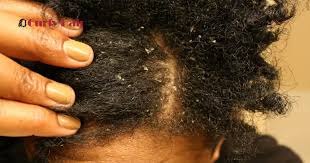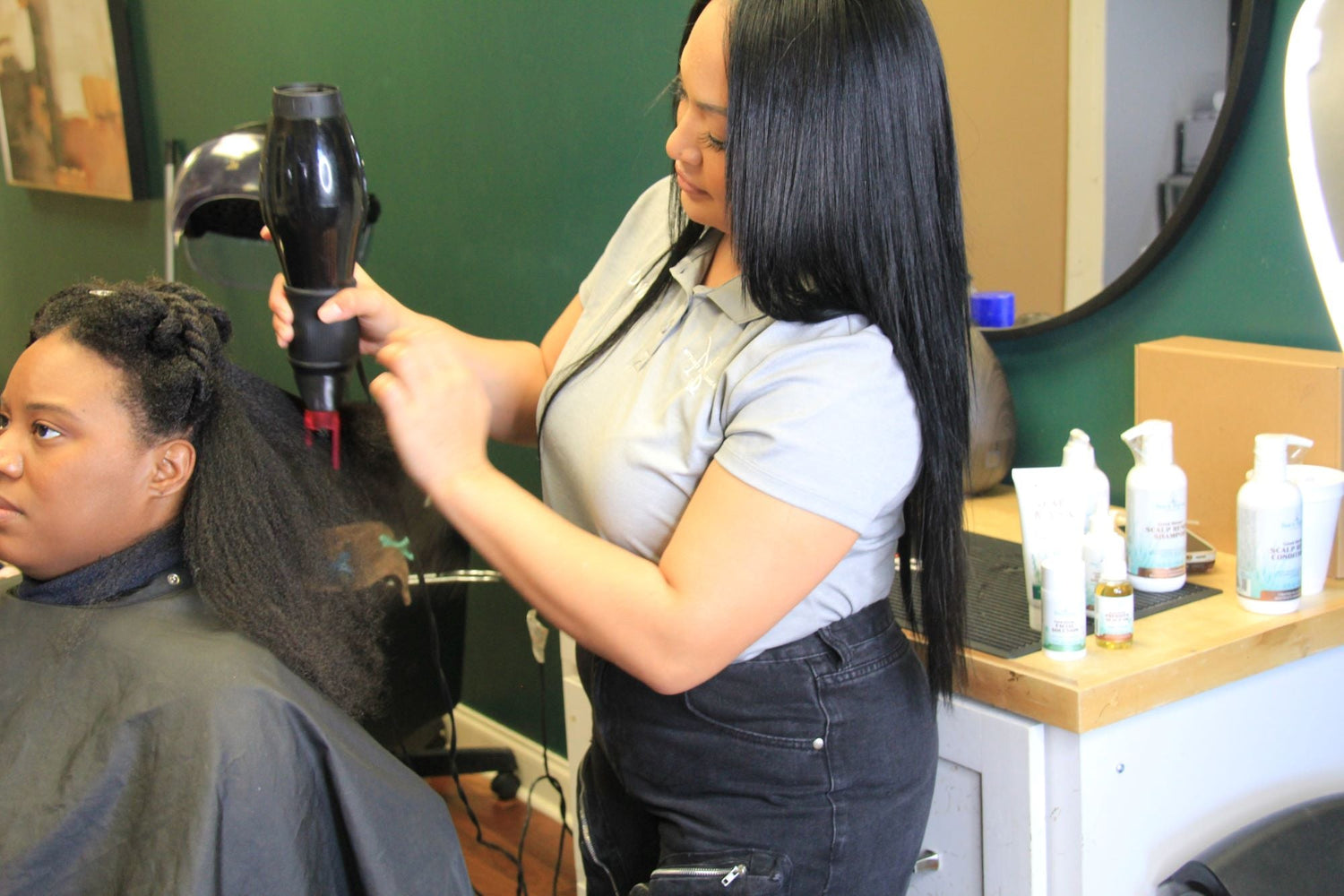Happy New Year! Welcome to the first interview in our guest interview series. On the Bea's Bayou Beauty (From The Inside) Blog, we are highlighting healthcare professionals, dermatologists, writers, and specialists that are making a difference by educating their communities on skincare and healthcare. Today we will we be interviewing Dr. Jasmin Pettigrew, PharmD.
Jasmin Pettigrew, PharmD, is from Indianapolis, Indiana, and obtained her Doctor of Pharmacy from Purdue University. Jasmin continued her professional training by completing a post-graduate hospital pharmacy residency at the Indianapolis VA Medical Center. Currently, she is a health content writer and medical liaison for a pharmaceutical company. We asked her a few questions about her career and the importance of understanding your skin.
Tell us about your career background!
Bea's Bayou: How long have you been a pharmacist?
I have been a pharmacist for 18 years.
Bea's Bayou: What inspired you to pursue a career the medical field?
I have always had an interest in the medical field. During my freshman year of college, I was fascinated to learn how molecules can affect specific receptors in the body. This fascination led me to pharmacy school, and the rest is history.
“Being a pharmacist is an honor, and being able to counsel and educate patients is the best part of the job.”
Bea's Bayou: Would you say you take a traditional or a holistic approach to medicine?
I take a middle-balanced approach when it comes to traditional versus holistic medicine. I believe both have a place in patient care and are necessary for disease management.
Bea's Bayou: Your work as a Content Writer and as a Medical Science Liaison. Can you describe what exactly you do and how your work has already made an impact in the space of dermatology, skincare, or healthcare overall?
In my current position, I serve as a “liaison” between healthcare providers and internal company stakeholders. I interact with medical professionals by providing scientific information and gathering “real world” insights about what is and is not working for patients. These discussions also include reviewing current treatment guidelines, research and development opportunities, and new pipeline therapies coming to the market.
My work makes an impact by being able to provide medical education and new scientific information to providers that can have a direct impact on how they manage their patients. I also provide insightful information to internal stakeholders that can directly impact current product messaging and future research and development opportunities.
Talk to us about skincare & good skin hygiene
Bea's Bayou: Is “eczema-prone” skin a real thing? Can skin be prone to anything?
"Skin is not necessarily prone to anything, but depending on your family history, immune system, lifestyle, etc., you can be more susceptible to different skin conditions."
Patients can be more prone to develop eczema if they have a family history of eczema, suffer from allergies, or have a weakened immune system. Some babies develop eczema but grow out of it as they age, and some patients do not develop eczema until later in life. Skin is not necessarily prone to anything, but depending on your family history, immune system, lifestyle, etc., you can be more susceptible to different skin conditions.
Prior to my current position, I was a hospital clinical pharmacist and a retail pharmacy manager. Between these two positions, I counseled many patients on skin conditions like eczema, seborrheic dermatitis, and psoriasis. I was also able to make medication recommendations to providers when patients felt their current regimen was not working or if they were interested in other options.

Bea's Bayou: How can lifestyle changes help manage the onset/flare-up of seborrheic dermatitis? Does stress play a role in skin reactions?
Absolutely! Stress can show up in our bodies in many forms, including seborrheic dermatitis. Many patients notice flare-ups or an intensity of symptoms after experiencing stressful situations. Lifestyle changes are essential for all chronic health conditions. I advise patients to be mindful of their diet, medications, and products they use. Managing stress and supporting your immune system are also important factors in managing seborrheic dermatitis.
Bea's Bayou: How do you go about treating the emotional/mental side of the patient with a life-altering skin concern?
A chronic health condition that has an external manifestation like eczema can make patients feel self-conscious and depressed. Additionally, patients can become frustrated and feel hopeless when dealing with and trying to manage eczema symptoms. Actively listening to a patient's concerns is of utmost importance. Acknowledging their concerns and providing support and realistic options are vital for patient care and trust.
Bea's Bayou: What is an ingredient or remedy that you often like to recommend to clients with skin concerns, especially eczema-related issues like Seborrheic dermatitis?
A philosophy I always tell my patients is that less is more when managing skin symptoms. Overcomplicating your skin care regimen can be more harmful than helpful and cause more stress.
Don't make things complicated, opt for products with simple ingredients that heal your skin!
Bea's Bayou: The skin is our biggest organ, what’s a fun fact or interesting information you have about the skin/skin barrier?
Adequate moisture is imperative for our skin barrier to do its job of protecting our body. And in addition to moisturizing the skin, I always stress the importance of wearing sunscreen when counseling patients!
Bea's Bayou: How do YOU practice self-care?
I practice self-care by exercising and taking naps. I find regular exercise is an excellent way to manage stress and boost my mood. And taking naps is a wonderful way to let your body hit the reset button at any time of the day.
MORE ABOUT DR. PETTIGREW
Jasmin Pettigrew, PharmD, is from Indianapolis, Indiana, and obtained her Doctor of Pharmacy from Purdue University. Jasmin continued her professional training by completing a post-graduate hospital pharmacy residency at the Indianapolis VA Medical Center. Jasmin’s love for science and medicine is what led her to a career in pharmacy. Her previous professional roles include being a pharmacy manager and a hospital clinical pharmacist. Currently, Jasmin is a medical science liaison for a pharmaceutical company. As a medical science liaison, Jasmin interacts with providers and has scientific discussions regarding best practices for patient care. She is then able to provide her company with insightful “real-world” information.






